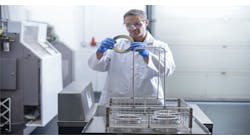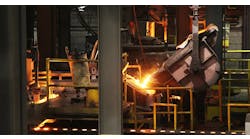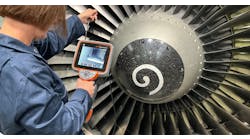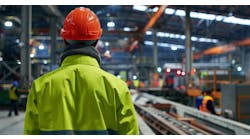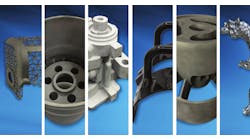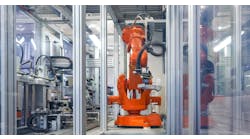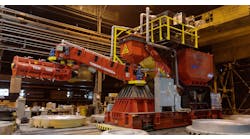Just a few years back we would have been inspired to label this month’s edition of FM&T as our “High-Tech Issue,” with its reports on CAD data, enterprise software, and metalcasters’ experiences using those capabilities to improve their work and businesses. Now, that sort of categorization seems quaint because these design and control software and process networks are a part of practically everything that metalcasters do. Indeed, these “high-tech” capabilities are part of everything that nearly every manufacturer in any industry does.
This is not to suggest that technology of this sort is unremarkable in its quality or capability, but rather that it is now standard. We report on them not because they are novel or exceptional; they are not. Many impressive examples of enterprise technologies and process networks may be found. We report on these things to indicate how these technologies influence and enhance metalcasting operations. That is what interests our audience.
Our audience defines the work we do, just as customers define the work that metalcasters do. As the audience or customer tastes change, we adapt our offering to remain relevant to their interests. So, as the technologies that once counted as “high tech” are now evident in virtually every aspect of our coverage, the meaning of “high tech” is diluted.
If anything counts as remarkable in manufacturing today it is the cohesion of people who continue to focus on the tried-and-true processes and techniques that now are the focus of so much technological improvement. Metalcasters understand the significance of professional experience, and they affirm their appreciation with their dedication to making their businesses and industry better. It’s not simply their determination to improve operations. Their concern for skills development and talent recruitment is a parallel to long-term investment in machines and systems. Such enthusiasm is evident at any industry event or professional gathering.
The metalcasting industry is not unique in such dedication, but in general it represents a system of priorities that are under threat now as technology becomes more than a means by which any task is done. Technology is becoming the cause of things — such as investments in devices for data collection that never would have been considered for purchase by foundries that until lately had no use for such data.
Technology then becomes the justification for decisions that may not have been considered without technological prompting — such as the investment in data networks for sharing data that has been collected.
Everyone involved recognizes the risk this presents to organizations and to the industry: it is that data collection and exchange may become the fulcrum of activity in an enterprise, and the discrete processes that are the substance of that data — the processes which inform the long experience of individuals, the individuals who are the caretakers of the business and the industry — are sublimated to some cache of inscrutably sound analysis.
I’ll step back from the edge here to assure readers I am not contemplating some Kubrickian end to manufacturing. I’m arguing that technology can (and does) alter our individual priorities. It recalibrates our sense of certainty about the challenges we address, and it encourages us to defer our judgment to the coldest sort of rationality.
Reason is a virtue that we cannot defer or assign. We may trust technology to simplify our efforts, and we may frequently rely on technology to provide the basis for decisions we make. But decisions have to be informed by more than reason. They have to include understanding, including the sort of understanding that experience provides, and they have to incorporate a commitment to accepting the consequences that follow.
What technology now reveals about human nature is that all of us are integers in some impossibly complex formula, one that cannot be defined on data alone and cannot be settled on that basis. The lives we live are frequently shaped by the work we do, but we are defined by reactions — not results.
